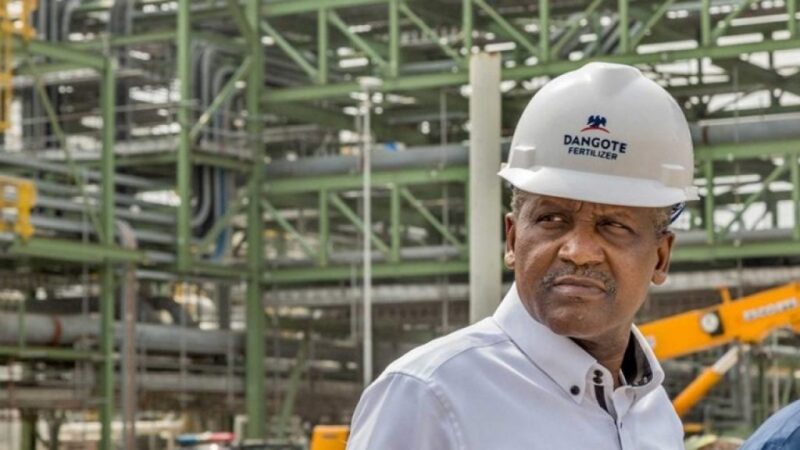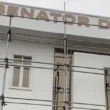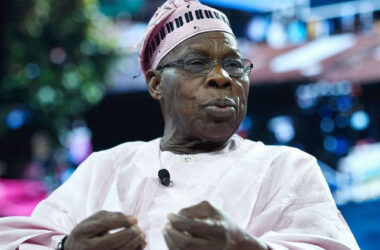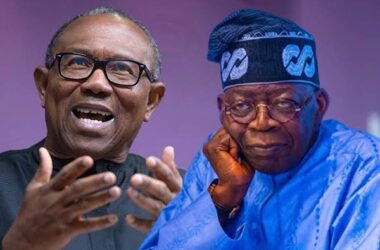The Independent Petroleum Marketers Association of Nigeria (IPMAN) is gearing up for discussions with Dangote Petroleum Refinery to finalize the price and logistics for lifting petrol from the refinery.
These talks are expected to take place between Tuesday and Wednesday this week. The outcome is likely to have a significant impact on the country’s fuel distribution network and pricing.
Sources who spoke with PUNCH revealed that the Petroleum Retail Outlet Owners Association of Nigeria (PETROAN) had also been invited by the $20 billion Dangote Refinery to resend its request for lifting petrol.
This development has sparked optimism among stakeholders that competition in the downstream oil sector may intensify, potentially leading to a reduction in petrol prices in the near future.
PETROAN expressed hope that as more marketers begin to source petrol directly from the refinery, prices could drop. “The price can be knocked down to N700/litre; it depends on the volatility of the market,” stated Billy Gillis-Harry, President of PETROAN.
IPMAN, on the other hand, sees this agreement with Dangote Refinery as a critical step towards stabilizing Nigeria’s fuel supply. The association has reportedly prepared for the meeting and has addressed challenges such as storage capacity by acquiring new tank farms.
Chinedu Ukadike, IPMAN’s National Publicity Secretary, stated, “We hope to sit down with Dangote maybe Tuesday or Wednesday and if they give us a template or price, we will move to Dangote.”
This meeting follows a recent decision by the Federal Government, which allows petroleum marketers to lift products directly from the Dangote Refinery, bypassing the Nigerian National Petroleum Company Limited (NNPC).
According to Wale Edun, the Minister of Finance and head of the Naira-crude sale committee, this move is expected to foster competition and improve market efficiency.
IPMAN has also received approval from the Nigerian Midstream and Downstream Petroleum Regulatory Authority (NMDPRA) to lift products in bulk from Dangote Refinery. Additionally, the association is expecting an import license, which will allow it to diversify its supply sources.
Despite these positive developments, IPMAN expressed concerns over the high costs involved in petroleum distribution, particularly following the removal of fuel subsidies.
“Before the subsidy removal, we bought products at N8.1 million, but now we are buying it close to N50 million,” Ukadike said, noting that many independent marketers are struggling to stay afloat under these conditions.










